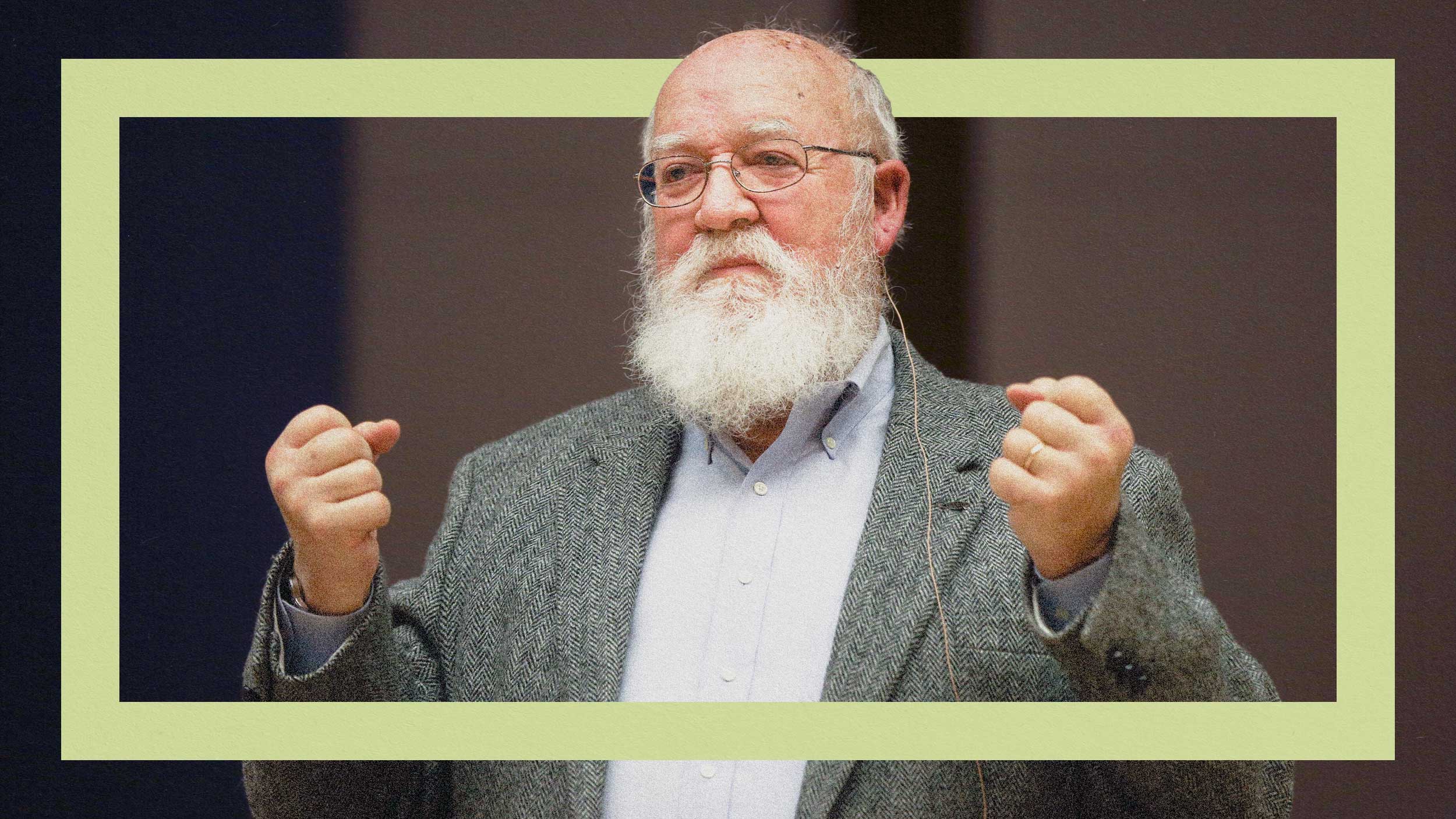Author and Journalist Jeff Jarvis warns against the tendency to view new technology as a threat, arguing that this stance cedes power to regulators and corporations that may not have the public’s best interests at heart.
Jeff Jarvis: There is a pattern to the introduction of technologies. When Gutenberg invented the press, some of the earliest authors were frightened of having their words and thoughts set down and permanently distributed widely. Jonathan Swift said that a book of verses kept in a drawer shown only to friends was like a fine lass, but once printed as a book it was like a common whore anyone could buy for two crown. Fast forward to the prior kind of moral panic we’ve had about privacy came because of a technology. In the year 1890, the first major law review article written by Louis Brandeis and Samuel Warren that tried to look for a legal basis to a right to privacy in the United States was inspired by the invention of a technology, the Kodak camera, and that caused some measure of moral panic and fear. The New York Times at the time had stories about fiendish Kodakers lying in wait. A young Vanderbilt horsewhipped a Kodaker. President Teddy Roosevelt outlawed Kodaking in Washington parks.
Now what happened? Well, we got used to cameras. In fact, we’re happy to pose in front of them as I am right now. And what really went on there was that a new technology caused a change that our norms weren’t ready for, and until such time as we had new norms, we had new agreements about how we operated as a society around this, we were unsettled. We were afraid what could go wrong. Well, that's what's happening with the internet with a much bigger technology that it is. It’s causing new opportunities. It’s causing change. It also causes fear and disruption and sometimes even a moral panic, which is what I think we’re going through now.
Privacy matters. Privacy is important. It needs protectors. I have a private life. All that is true, but we also have this magnificent tool to publicness, the Internet, in all of our hands. We can find, form and act as publics now in ways that we couldn’t before. That’s a magnificent ability. And my fear is that if governments come in to regulate the 'Net we’ll lose some of that power. And some of them want us to lose that power because they fear that power.
So I think we have to beware of demonizing technology--things like tracking cookies being bad for us or worried about technology first off--because we’re walking into the hands of those who would limit the technology rather than what we should do, what society has long done, is you regulate the behaviors. So you can use a telephone to do good things and summon an ambulance; you can use it to do bad things and defraud people. The technology isn’t bad. It’s the behavior we regulate. Yet nowadays we’re seeing efforts by governments to come in and regulate on the whole the Internet. So even Canada and Australia want to filter all the content on the 'Net to get to pedophilia. Well, they create an ability and an architecture that also Iran and China will use. We have to beware of that.
Directed / Produced by
Jonathan Fowler & Elizabeth Rodd





